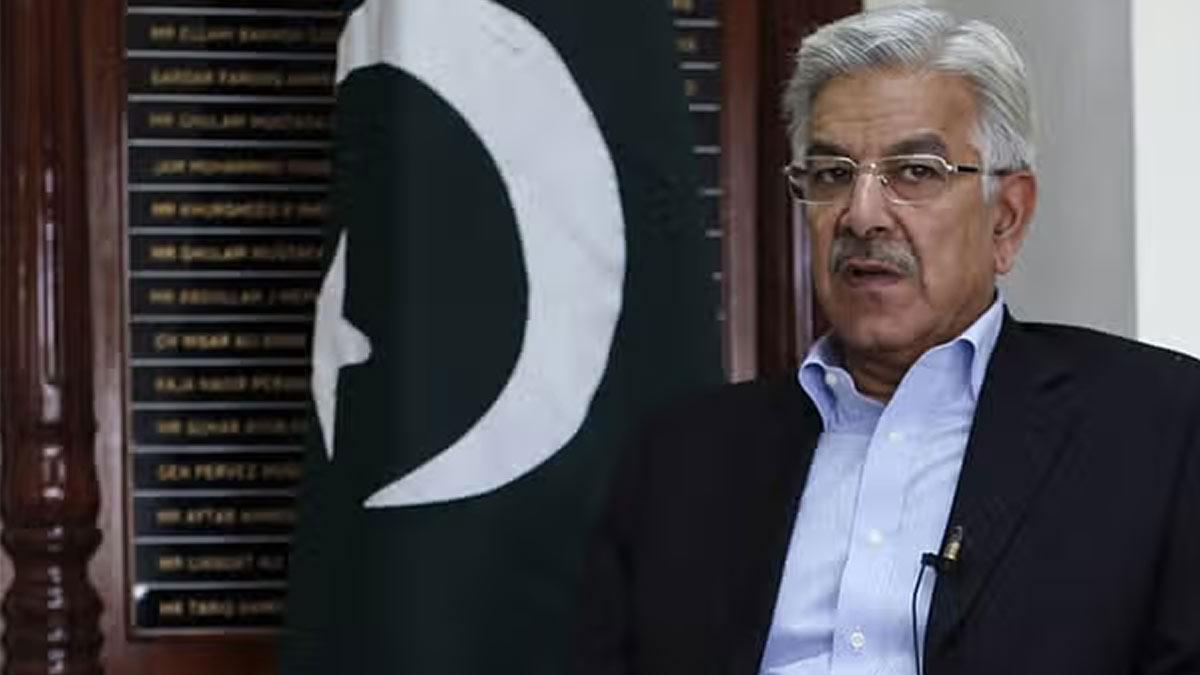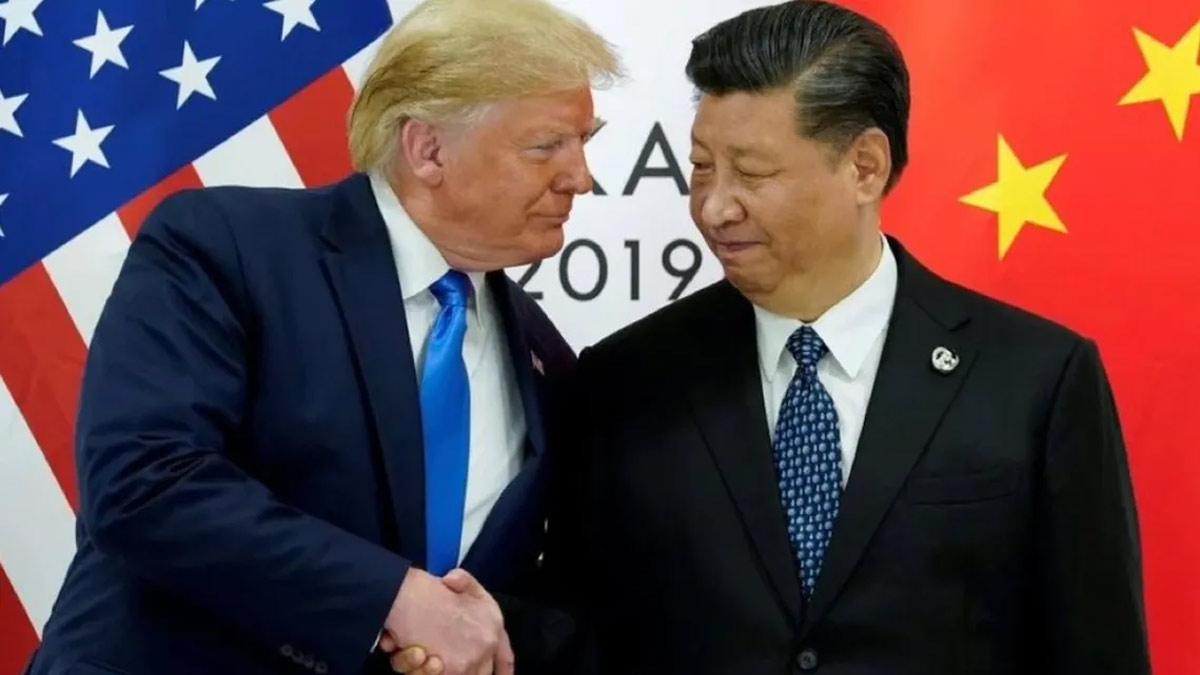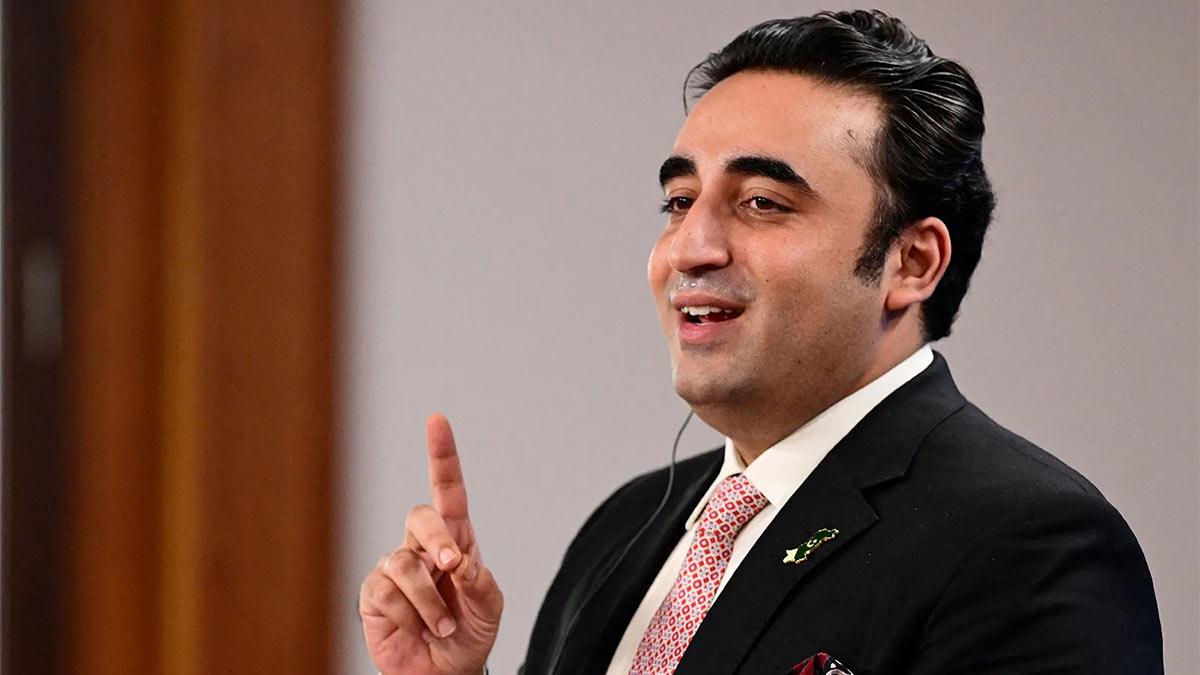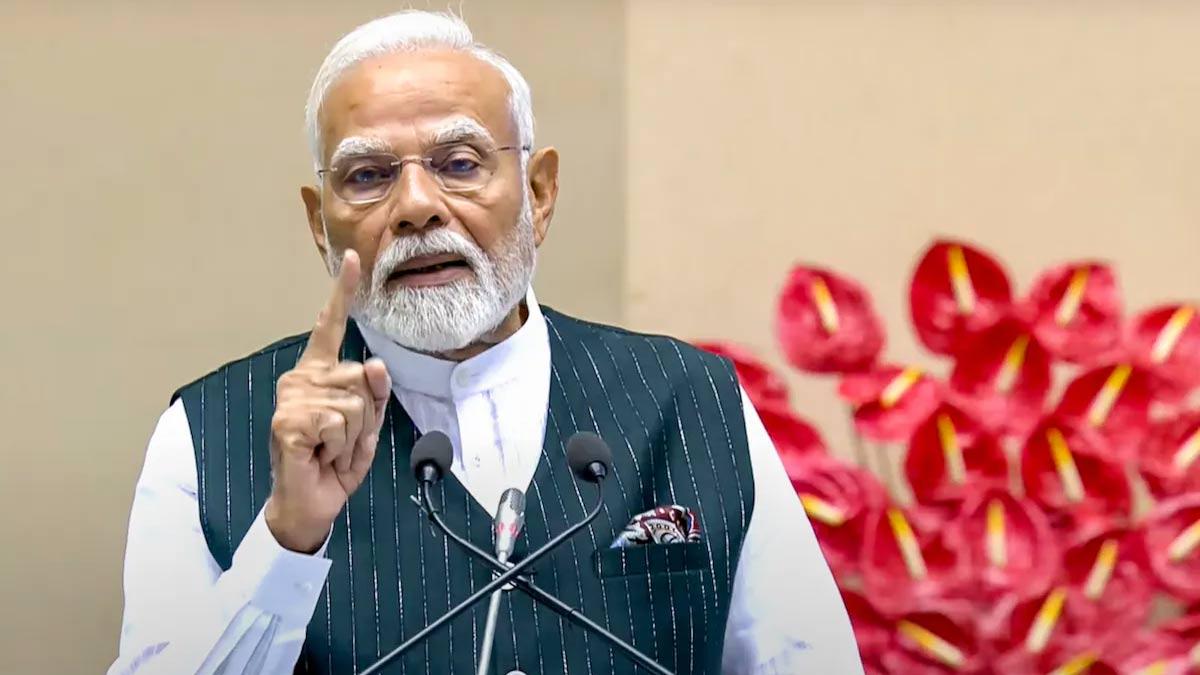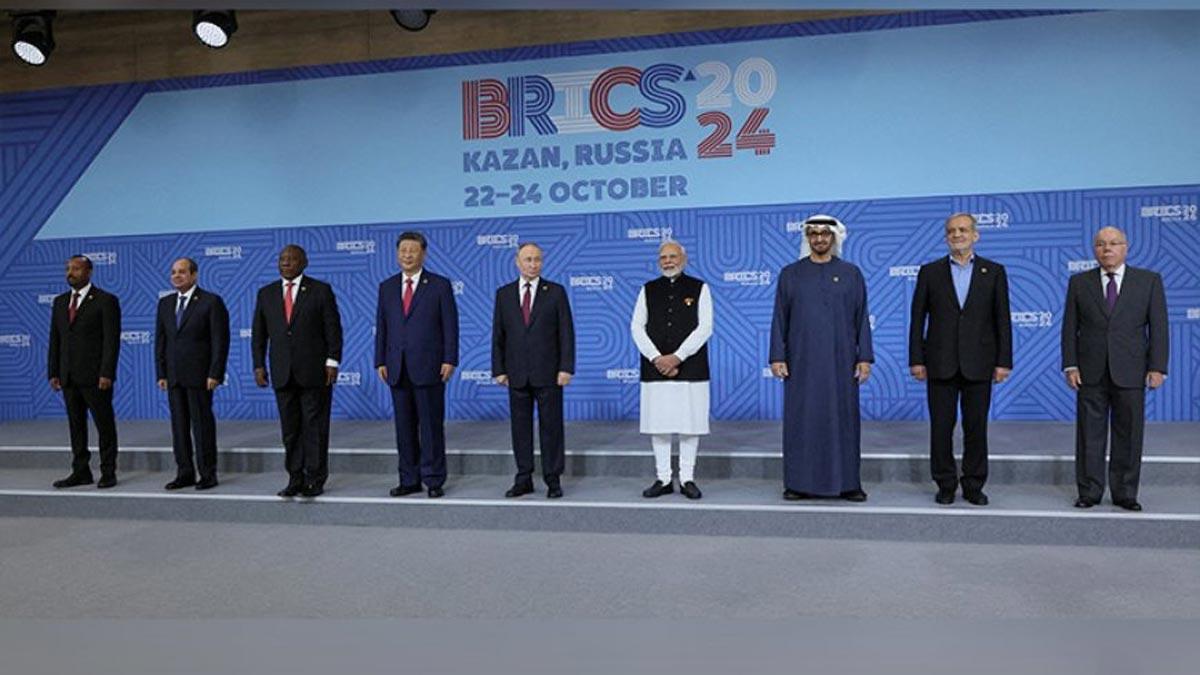On Friday, Pakistan Defence Minister Khawaja Asif announced that the government is in constant diplomatic contact with nations like Iran, the UAE, Saudi Arabia, China, and Qatar, as part of an effort to de-escalate tensions in the region.
Addressing the National Assembly, Asif also spoke about the recent Indian drone attacks, stating that they were mostly reconnaissance and not immediate offensive operations. He said that Indian drones were permitted to come within a "safe limit" before being intercepted and neutralized, so as not to jeopardize sensitive locations.
Information Minister Atta Tarar said at least 29 drones had been seized by Pakistan on Wednesday and Thursday evening, with another 48 destroyed overnight through Friday.
But India disputed such reports, citing that Pakistan sent 300-400 drones for military installations spread across 36 locations from Leh to Sir Creek, all destroyed by the Indian military.
Relations between India and Pakistan worsened after India conducted Operation Sindoor on Wednesday in response to the Pahalgam attack on April 22, which had cross-border links. It was after Pakistan's unsuccessful bid to target 15 Indian cities.
Asif reaffirmed that Pakistan is in close diplomatic contact with a number of countries, including Iran, the UAE, Saudi Arabia, China, and Qatar, with the aim of lowering regional tensions.
His comments came after Saudi Minister of State for Foreign Affairs Adel Al-Jubeir's arrival in Islamabad, following a visit to New Delhi. Al-Jubeir subsequently met Deputy Prime Minister and Foreign Minister Mohammad Ishaq Dar, as reported by state-run Radio Pakistan. The Saudi minister will also meet Prime Minister Shehbaz Sharif and Army Chief General Asim Munir, Geo News reported.
Al-Jubeir's visit to Islamabad came after an unannounced trip to New Delhi, where he met with External Affairs Minister S. Jaishankar to discuss the situation arising from India’s military strikes on terrorist infrastructure in Pakistan and Pakistan-occupied Kashmir early on Wednesday.
The Saudi visit occurred shortly after Iran's Foreign Minister Seyed Abbas Araghchi arrived in New Delhi late Wednesday to co-chair a meeting of the bilateral joint commission with Jaishankar.
At the same time, Pakistan's Army spokesman, Lt Gen Ahmed Sharif Chaudhry, guaranteed that the nation would defend its sovereignty and dignity no matter what. Addressing with officers of the Air Force and Navy, Chaudhry blamed the Indian government for making use of the Pahalgam episode as a distraction from domestic affairs, Geo News reports.
In reply to the intensified geopolitical environment, Health Minister Syed Mustafa Kamal assured all health authorities and hospitals in Pakistan were in high alert mode. "With the prevailing geopolitical atmosphere, we are taking proactive steps to deal with any emergency measures that could be created," he stated.
Lahore's Allama Iqbal International Airport resumed flight operations after a temporary shutdown, while Saifullah Khan, the spokesperson for the Pakistan Airports Authority, reported that operations at other airports were proceeding normally.
Pakistan Foreign Office Spokesperson Shafqat Ali Khan condemned India's move on the Indus Water Treaty, terming it a successful water-sharing agreement between India and Pakistan that has survived wars and confrontations. Khan alleged the Indian government of trying to weaponize water, terming this as an open violation of international treaties and a dangerous precedent.
Following the Pahalgam terror attack, India issued various punitive actions against Pakistan, such as the suspension of the Indus Waters Treaty, the closure of the one functional land border crossing at Attari, and the downgrading of diplomatic relations.

